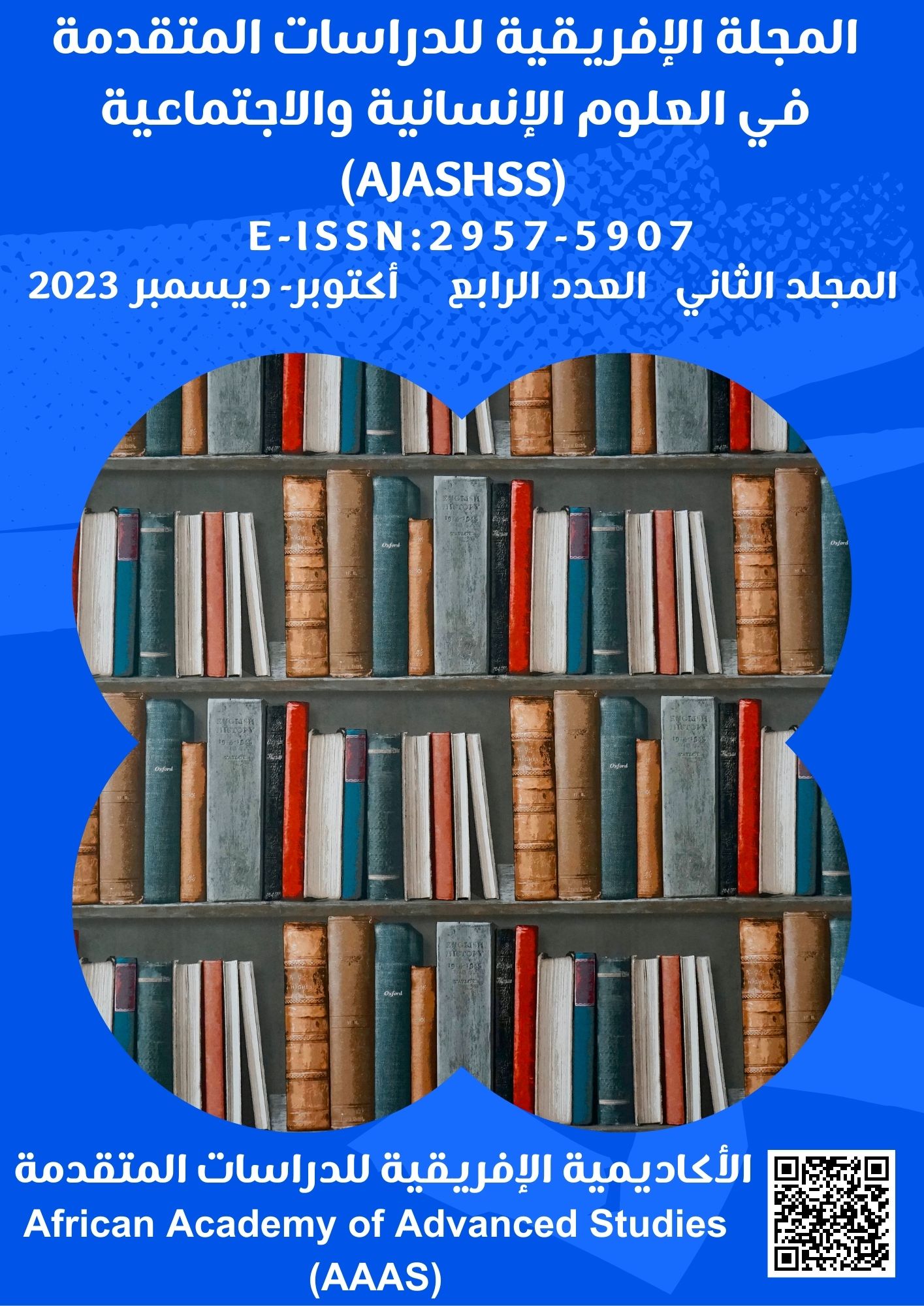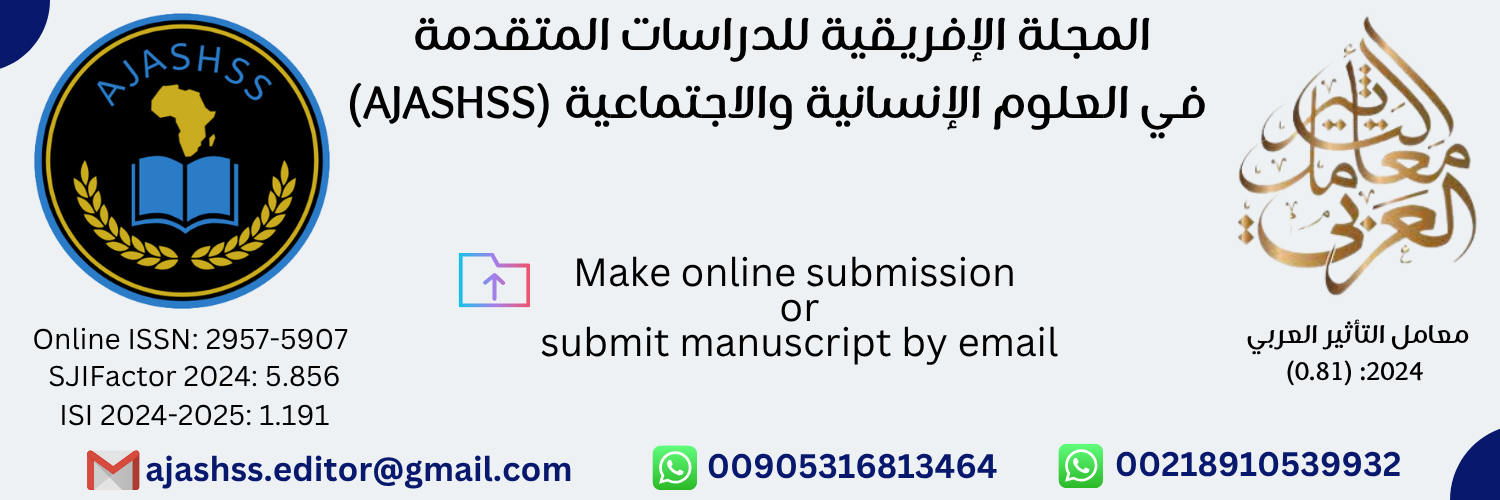Understanding decision-making dynamics in normalizing of international relations: A case study of the rational actor model in the U.S.-Libya relations
الكلمات المفتاحية:
Rational Actor Model، Normalization of Relations، decision-makingالملخص
The normalization of relations between countries is a complex process involving negotiations, strategic decision-making, and consideration of national interests. The Rational Actor Model, a widely used framework in international relations, assumes that states act rationally to maximize their interests. However, critics argue that this model oversimplifies decision-making and neglects domestic politics, historical legacies, and other factors. This study aims to understand the Rational Actor Model's effectiveness in explaining the motivations, strategies, and outcomes of normalization. It employs a case study (The normalization of the U.S.-Libya relations which took place in 2006), data sources, and Key research questions explore the model's adequacy in accounting for decision-making processes, the influence of domestic politics and historical legacies, its limitations, and implications for policy and conflict resolution. The findings will deepen our understanding of the complexities of normalization and inform policymakers, diplomats, and researchers in developing better strategies. By addressing the limitations of the Rational Actor Model and exploring alternative frameworks, this study seeks to provide insights into decision-making dynamics and promote conflict resolution, cooperative international relations, and a more comprehensive understanding the process of normalizing relations.
منشور
كيفية الاقتباس
إصدار
القسم

هذا العمل مرخص بموجب Creative Commons Attribution 4.0 International License.






